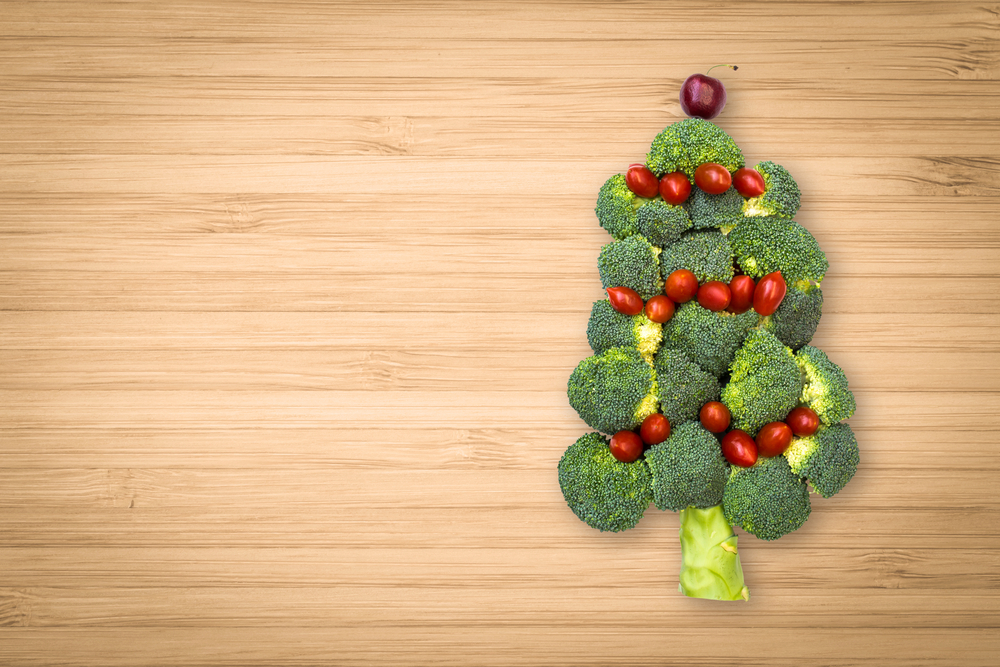When it comes to losing weight and leading a healthier lifestyle, sometimes it’s hard to know where to start. Besides setting goals and a timeline, understanding what your BMI means is a good place to begin.
The recent New Zealand Health survey found that 34% of Kiwis are overweight (with a BMI between 25 and 29.9) and that one in three people in the country are obese (with a BMI over 30).
Some of the consequences of being in an unhealthy weight range are very serious. Keeping your body in a healthy BMI range can decrease the risks of a whole range of ailments, including, but not limited to, fatty liver, gallbladder, kidney and heart disease. Healthy people are less likely to have sleep problems, breathing problems, anxiety, and depression. Having a healthy BMI leads to a decrease in strokes, high blood pressure, Type 2 diabetes, back pain, knee pain, infertility and some types of cancer.
Understanding your BMI is a really good way to improve your health. If you know which weight range you are in, you can start to make adjustments to your lifestyle and eating habits so that you can become fitter and healthier.
Your Body Mass Index (BMI) is a measurement used by health professionals to determine whether or not you are in a healthy weight range and it evaluates the relationship between your height and your weight. As your height doesn’t change once you become an adult, the only way to change your BMI is to change your weight.
The BMI is calculated using a simple equation (your weight, divided by your height squared).
Weight ÷ Height squared = BMI
For example, if your weight is 70kg and your height is 1.7 metres, the equation looks like this:
BMI = 70 ÷ (1.7 x 1.7)
BMI = 70 ÷ (2.89)
BMI = 24.2
All you have to do is measure your height and weight and insert your personal specifications into the equation, or a BMI calculator, to determine your BMI.
The recognised weight range categories for BMI are:
18.4 or less – Underweight
18.5 – 24.9 – Healthy weight
25.0 – 29.9 – Overweight
30.0 or more – Obese
Once you know which weight range you are in, you can start to calculate how many kilograms you need to lose (or gain) to be a healthy weight.
Your Consultant at Jenny Craig can help you to calculate your BMI and design a weight loss program that is perfect for you. Your program will assess your lifestyle and address your specific needs. If you do a lot of physical exercise as part of your normal routine, you will need to sustain yourself with more calories. If you are not as mobile, your Consultant will start you on an exercise routine that will progress as your fitness increases and design a calorie controlled diet appropriate for you. Whatever your BMI is, Jenny Craig has a safe, sustainable solution for you.
Exercise is a very important factor in creating a healthy lifestyle and losing weight safely. We recommend that you start with gentle exercise and build up your routine over time, especially if it’s been a long time since you have been active.
What you put in your mouth also has a great impact on your weight loss journey. If you are committed to a Jenny Craig weight loss program you will have a meal plan that is calorie and portion controlled for your convenience. If you stick to the plan, you should lose about a half to one kilogram each week, until you achieve your desired weight.
You will be able to choose from over 65 menu options to create a diet that will keep you feeling satisfied all day, reducing your desire for unhealthy foods. One of the really hard things about dieting is eliminating your favourite foods from your diet but, don’t worry, at Jenny Craig the meals are delicious and you are sure to find something you will enjoy. Our menu items are nutritious and devised by qualified dietitians and professional chefs.


Some tasty menu items are:
Breakfast – Wholemeal Pancakes, Egg and Bacon Muffins, or Toasted Berry Muesli.
Lunch – a Cheesy Pesto Pasta, a Leek and Potato Soup or a Beef Pie.
Dinner – Chicken Satay, Roasted Vegetable Pizza or a hearty Cottage Pie.
Snacks – Cheesy Popcorn, Salted Caramel Nut Bar and even a Chocolate Pudding for dessert.
For more, visit jennycraig.co.nz





